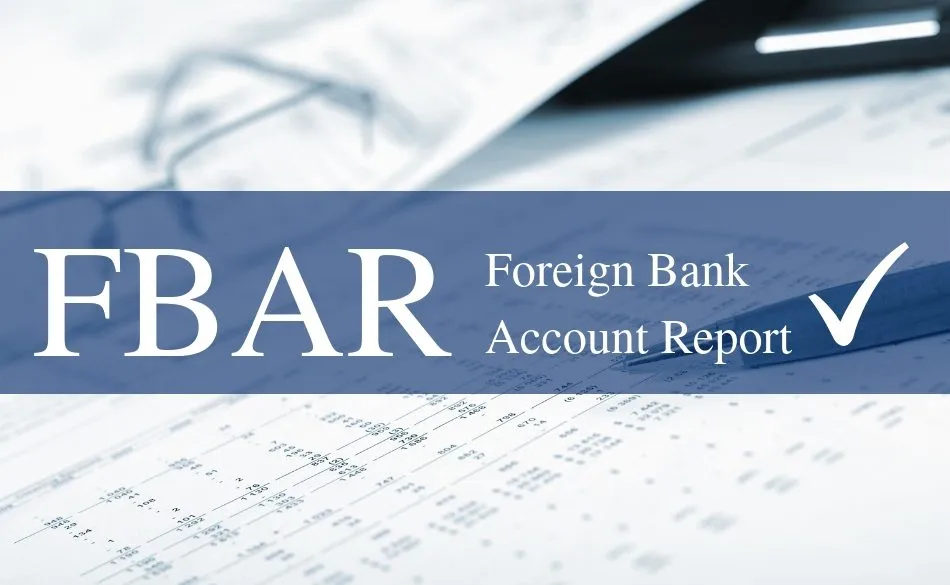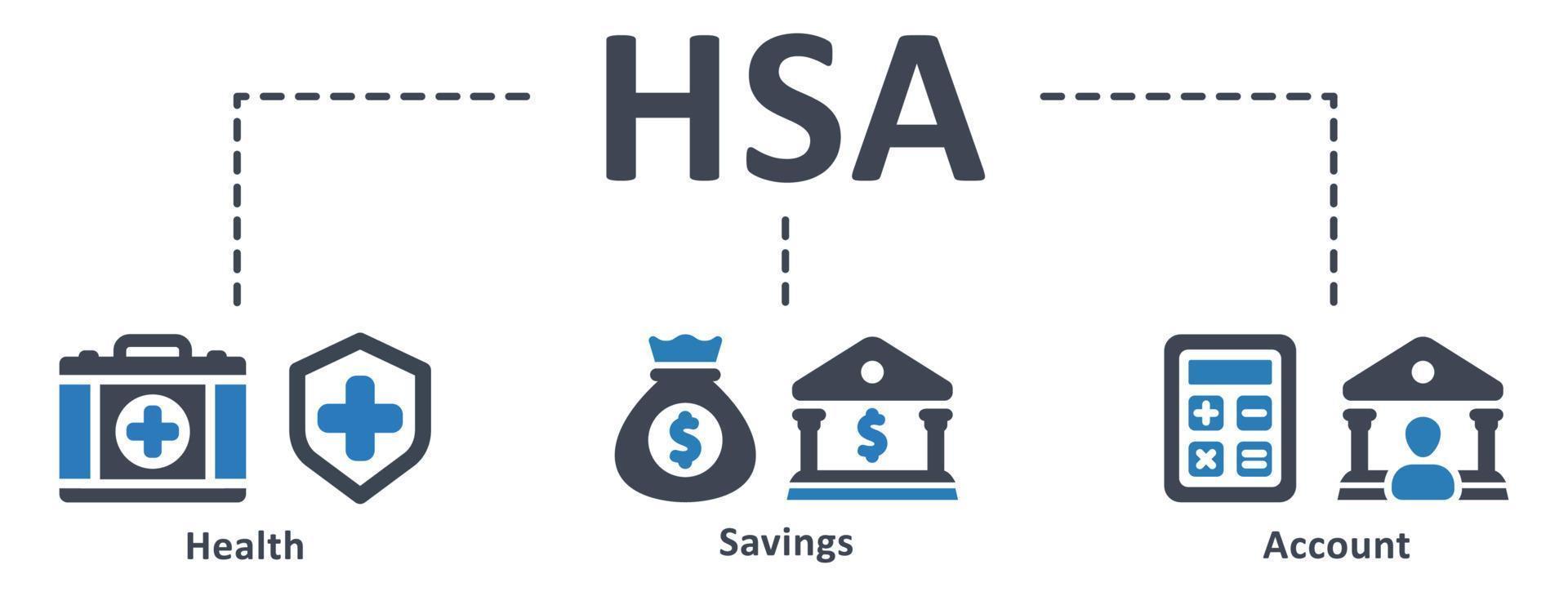 WhatsApp
WhatsApp
 Call Us
Call Us
 Email Us
Email Us
 Whatsapp Community
Whatsapp Community

The UK government has announced significant changes to the taxation system for non-UK domiciled individuals, effective from 6 April 2025. Here's a simplified breakdown of the upcoming reforms in a question-and-answer format to help you understand the implications.
These reforms will impact:
The remittance basis of taxation will be replaced with a residence-based system. Key changes include:
This facility allows individuals who previously used the remittance basis to remit foreign income and gains at a reduced tax rate:
This facility will be available for a limited period of three tax years.
The domicile-based IHT system will transition to a residence-based one:
Overseas Workday Relief will:
Foreign income and gains earned before 6 April 2025 will still be taxed under the remittance basis if brought to the UK after this date. These earnings may also qualify for the Temporary Repatriation Facility, which falls under the broader scope of NRI taxation services provided to ensure compliance with applicable laws.
These reforms are a game-changer for non-UK domiciled individuals, especially NRIs navigating complex global tax scenarios. By aligning the tax regime with residency, the UK aims to create a fairer, more transparent system that balances attracting talent with ensuring equitable taxation.
Need Expert Guidance?
At Dinesh Aarjav & Associates, we specialize in providing tailored tax solutions for NRIs in the UK. From understanding the new rules to optimizing your tax strategy, we’re here to help.
Visit our website at dineshaarjav.com for more insights, or contact us directly for personalized advice.







Stay in the loop, subscribe to our newsletter and unlock a world of exclusive updates, insights, and offers delivered straight to your inbox.